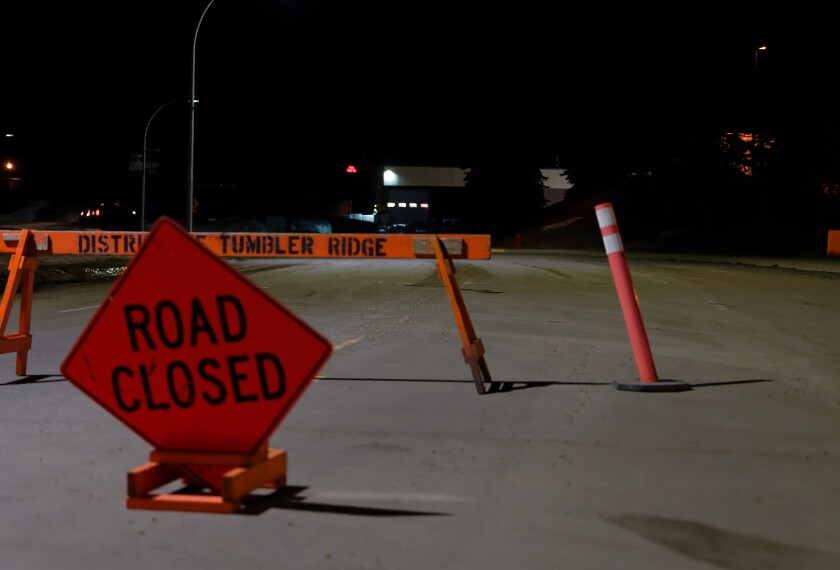The Knowledge Is Power Program, or KIPP, is a nationwide charter school network whose “no excuses” model and high academic performance have brought it widespread praise. Critics, however, have questioned whether KIPP schools’ academic showing is partly attributable to attrition of low-performing students whose seats often end up going unfilled.
The network consists of 31 separate charter-management organizations, each of which sets its own disciplinary policies. Overall, there are 125 KIPP schools in 20 states and the District of Columbia. Founded in 1994, KIPP now enrolls more than 41,000 students, of whom 59 percent are African-American, 36 percent are Hispanic, and 87 percent qualify for free or reduced-price lunch, according to the San Francisco-based national organization. In addition, 14 percent of its students are designated English-language learners, and 9 percent receive special education services.
KIPP’s chief executive officer, Richard Barth, answered a series of questions by email from Education Week about the charter organization’s discipline policies.
How are KIPP’s disciplinary policies related to its mission?
KIPP emphasizes high expectations for both students and the adults who support them. We structure our schools around a three-way partnership between students, parents, and teachers. School culture is so vitally important, and we strive to create an atmosphere where everyone is inspired to do their very best. What we’ve found is that the schools are most successful at creating this culture when they have a standard of behavior that’s cohesive and clear.
Some school systems have made efforts recently to standardize expulsion/discipline policies across traditional and charter schools. Do you think bringing more uniformity to these policies makes sense, or not?
Historically, educators have looked through a “district vs. charter” lens. But in communities across the country, we’re seeing a move to a “one city” or “one community” model. Discipline policies are a part of that, but there’s so much more: Districts and charters are sharing facilities, professional-development approaches, sports teams, enrollment strategies, and a whole host of other best practices and resources. ... The shift to this new collaborative way of thinking won’t happen overnight. But I’m optimistic, and I think that sharing and standardizing these practices—including discipline—is absolutely a good thing.
Some critics say that tough disciplinary policies mean that your schools aren’t educating more-challenging students and that their academic performance shouldn’t be compared with that of regular public schools. What’s your response to that allegation? Should KIPP schools be serving the “same” students as other public schools? Are they?
Right now, we have independent researchers seeking to address those very issues. Mathematica is conducting a multiyear study of KIPP middle schools, to better understand our demographics and achievement. So far, Mathematica has found that, on average, students who come to KIPP in 5th grade are more likely to be from low-income and minority backgrounds, but less likely to be designated ell or special education, than at neighboring district schools.
Mathematica concluded that entering test scores of KIPP students are comparable with those at neighboring district schools. Mathematica also found that KIPP’s middle school attrition is not systematically different from that of neighboring school districts, and that we backfill—that is, enroll new students in 6th through 8th grades—at similar rates to district schools.




